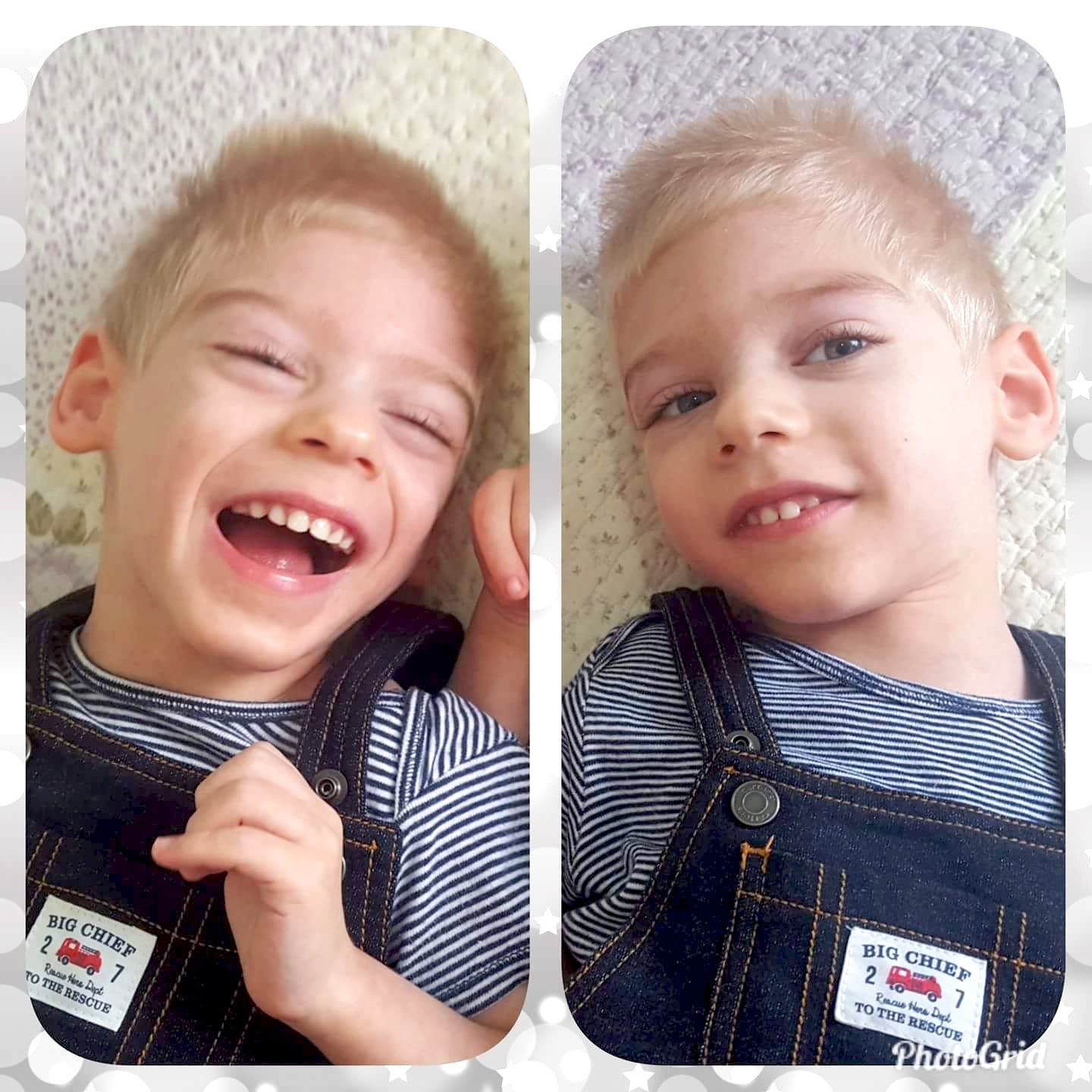8 Rare Parenting Lessons I’ve Learned the Hard Way
Learning is a difficult process, but I’m a good student. I need to be. I have a child with Allan-Herndon-Dudley syndrome.
What? You’ve never heard of this syndrome before?
Don’t worry — neither had we until our son was diagnosed. At that moment, learning became a way to survive, a necessity. But learn from what? There were no previous mistakes to learn from. There was no previous anything. So one way or another, we needed to learn from our own mistakes.
I’ve always been better at finding solutions to a problem after bumping my head on it. The only difference now is the stakes are much higher. So here are some problems I bumped my head into during this last couple of years. Some, I must admit, left a mark. Some are so fresh they are still hurting. And some — well some I would have liked to be able to learn them from someone else.
1. Stand your ground. Here is the understatement of the day: “Being a special needs parent is never easy.” No, it’s not. It’s damn straight hard. Sometimes you are so tired you feel you are burning energy directly from your soul, the only power supply left. You keep going because this is what needs to be done, because your child needs you and because you love him or her more than you love life. Here is the thing though about being a special needs parent: you always need to be in standby, you always need to be prepared, and this continuous surge of energy can drain you. Don’t let it! Make being prepared a state of mind, not a state of restlessness. You will never be able to do anything but survive the day, unless you get a hold on the ground beneath your feet.
2. Get rid of unnecessary emotional baggage. Yes, it’s hard to make peace with the idea that your child was the unlucky winner of faulty genes, and it’s even harder to accept the fact there is nothing you can do about it. But carrying that emotional weight day in and day out will not help anyone, least of all your child. Try your best to accept it and move on.
3. Start controlling things instead of letting things control you. Until now, every institution we’ve met in regards to my son has based its reaction on the fact that we have too much on our plate and we won’t have the energy or the courage to go against them. They assume we will accept how things are because “that’s how things are” — that we will complain about it to our friends and family, victimize ourselves for a while, get a couple of sympathetic shoulders to cry on and move on.
I am a firm believer you should change what you can change and accept what you can’t change, but this situation does not, under any circumstances, fall in the accepting category. This needs to be fought with a vengeance.
There are 30 million people living with rare diseases in the EU alone. That is almost half the population of France. Can you even imagine the impact 30 million voices could have? Everyone counts on special needs parents and patients to be quiet, compliant and retreated in their words. The best thing you can do is prove them wrong.
4. Don’t expect others to make the change you need. Gandhi said, “Be the change you want to see in the world.” I’m telling it as I see it. If you expect others to make the change you need, you’ll be waiting for a very long time. The system will not change easily and no one else, except yourself, will go the extra mile for you. I’m not being bitter, just harshly realistic.
So try and stop waiting around for decision makers, doctors, insurance companies or health care providers. I know you feel that after everything you’re going through, you deserve some help, you deserve a break. And you are right, but the one person who can help you the most is you.
5. Don’t judge others by how bad your day was. Be sure that if you were to compare fairly, your best day would probably be anyone’s worst nightmare. You have a complicated and hard life. This is why, comparing others’ problems with your own is never helpful. Yes, all those problems seem small and insignificant to you. Yes, they might have no long-term impact like your problems do (you cannot compare spilling your coffee on your favorite shirt to your child’s inexplicable spasms that not even doctors can explain), but you should not look down on other, “normal” people’s problems.
6. Don’t demand help, appreciate it! A helping hand, a smile, a good word… appreciate them. Be grateful when people chose to get involved and help you in any way they can, even though they might have other things to do.
7. Trust your judgment. Read, research, ask, talk to specialists, therapists, doctors, anyone you think will help you get a different perspective on things, but in the end use that information to make your own decision. You are the one who knows your child best.
8. Never let go of hope. It’s not always easy to keep hoping when life hits you this hard, but you should never let go of it. Sometimes you will be afraid to hope. You might think the disappointment will crush you and you can’t afford to go back to the dark place where you won’t have the energy to crawl out again. But hope is worth the risk. Hope gives you strength you never knew you had. Treasure it!

